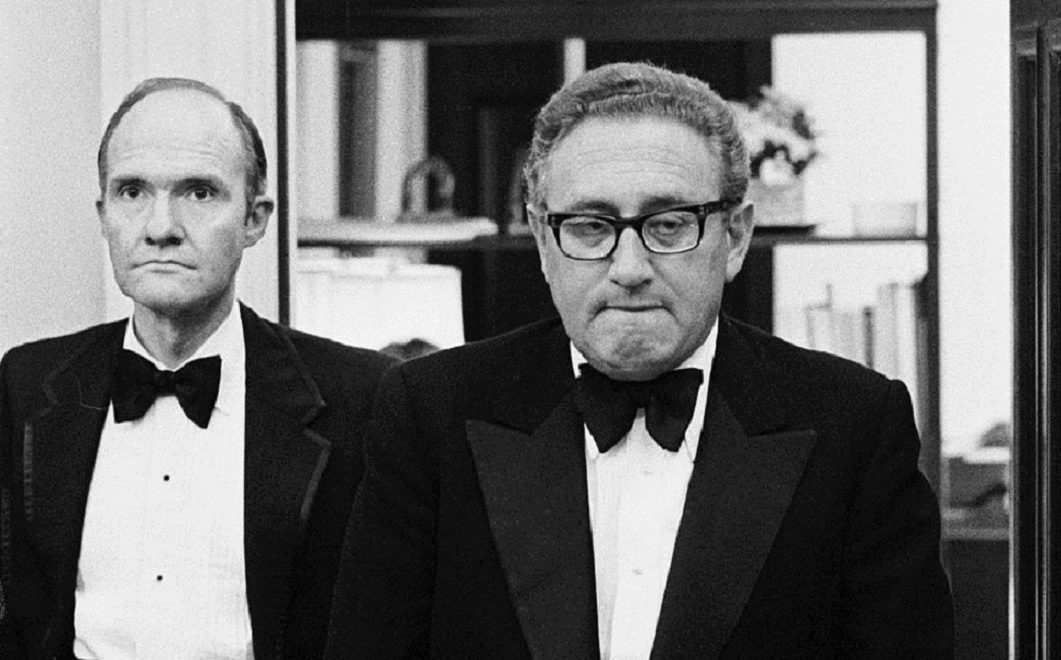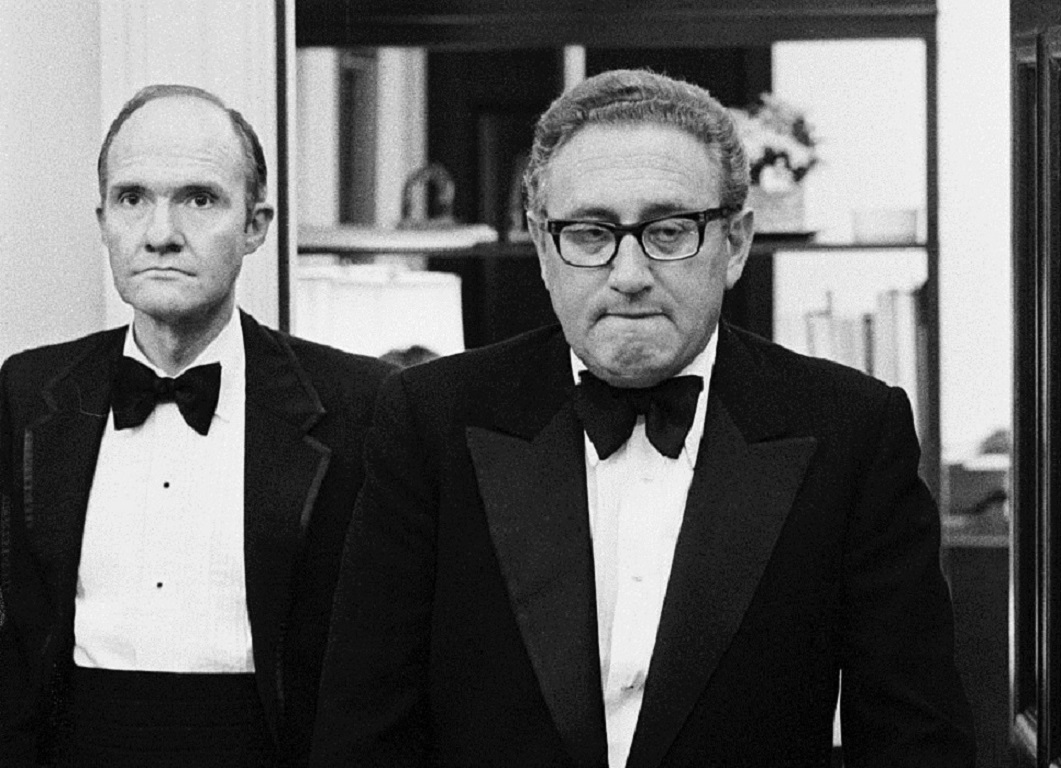Word of mouth –– which is essentially reputation infused with action –– is a key component to success, or at least influence, in the policy world. Personal reputation creates job opportunities; organizational reputation prompts demand for services and insight. The latter aspect comes into play for the Clements Center for National Security at the University of Texas at Austin, which runs a week-long Summer Seminar in History and Statecraft at an offsite location in the mountains of Colorado. The renown of the seminar is broadly noted by numerous experts across several disciplines that relate to national security policy –– and came to me via the recommendations of some very accomplished friends.
The Summer Seminar in History and Statecraft is essentially a “masterclass” in the bridging of history and political science and the making of policy.
The key question the entire seminar revolves around is, “How can academia best inform leaders in government and the making of sound, historically-informed policy?” As a PhD candidate in history who also has a day job in government, this intersection is of eminent use to me both in my studies and my professional life. That said, I think it provides significant value to people in either camp, as can be attested by the varied backgrounds and desires of the students selected for the seminar.
The value of this year’s seminar can be seen in a few key aspects:
The impressive gathering of expert speakers focused on key topics, from historical and political science methodologies to the practical day-to-day work in policy making jobs. I have never enjoyed a more impressive gathering of experts –– each scholar focused on the interdisciplinary goal of informing decision makers and influencing policy. They each discussed key aspects of academia, policy making, and how they interact –– with a focus on the ways and means for informing and influencing the making of sound policy.
The informal and intimate nature of the seminar not only allowed for great discussion, it forced robust group and one-on-one conversation. World-famous historians and political scientists, former members of the National Security Council, members of the White House staff, and think-tank luminaries sat side-by-side with students for three meals a day and during each session. The cross-talk between experienced academics and policy influencers alone was worth a semester of education in the academy, not to mention the great questions and their subsequent answers. Furthermore, there is nothing like listening to three amazingly experienced and educated individuals recount “war stories.” (and yes, I know there’s a typo on Will’s name in the tweet, one day Twitter will allow for editing.)
The setting for the seminar cannot be outdone. The mountains are beautiful, and the schedule wisely provides afternoon decompression for hiking and getting to know everyone at the seminar. For a gathering this long, this kind of time to catch your “intellectual breath” is critical. It also provided an even more informal atmosphere to engage experienced leaders and educators on how and when to use academic knowledge to address the crafting of policy. Sometimes, more knowledge can be gained in informal conversation in between session than during more formal talks.
Besides the great time among wonderful people –– and the useful networking opportunity –– the Summer Seminar provides some amazing lessons:
First, interdisciplinary is the name of the game for understanding, supporting, and influencing policy. However, focusing on one discipline is key to success in academia. If success is desired in both it seems you must 1) focus on your discipline until you get tenure, then branch out to policy; 2) attempt to bridge the gap at a public policy school, knowing you’ll endanger your chances at tenure; or 3) be a singular individual that can write assiduously enough to make tenure while also impacting decision making through more policy-focused writing and advocacy –– all while avoiding offending those in within the academy who hold your tenure in their hands. As with much in life, identify your goals, know the obstacles, and plan your route accordingly.
Second, the issue of impact may likely be less that there’s not enough bridging of academics and policy makers and more that America needs more historically-minded people entering into policy making jobs. This is the obverse of the point above –– think of it as the “Kissinger Model.” This means we should be placing our focus on exceptional programs like the Yale Brady-Johnson Program in Grand Strategy or William and Mary’s Project on International Peace and Security. The interdisciplinary goal leverages history’s ability to inform decision by education in how to think, even if it cannot prescribe specific action and what to think.
Third –– extrapolating from the above two points –– we should link academic efforts to understand how to influence policy making, like Clements, with educational programs that prepare future policy makers early in their education, like Yale and PIPS. These efforts might be seen as competing in the same space, but in reality they’re complementary. For example, imagine a network of programs and institutions, sharing information, best practices, and networks of faculty and students where the effect of each singular organization could be exponentially expanded.
Aspiring scholars, strategists, and policy makers have a lot to think about as they approach the problems of policy. The Clements Center Summer Seminar provides some ideas and concepts where such scholars might begin. It is also a fantastic opportunity to meet new people that aspiring scholars and strategists can ideas off as they progress in their journey. The power of people supporting each other is unparalleled in the national security space –– and the Clements Center takes this to a whole new level.
Well done and great thanks to Will Inboden, Paul Miller, Jacqueline Chandler, Jennifer Johnson, and the entire Clements team, including the phenomenal speakers and participants, for the seminar.
This article originally appeared on The Strategy Bridge.
Header Image: WASHINGTON — APR 29: 7:50 PM. Secretary of State Henry Kissinger and his deputy NSC advisor Brent Scowcroft in their White House Office awaiting news that the last Marines in Saigon had been evacuated, by helicopter, signifying the end of the Vietnam War. Washington, D.C., April 29, 1975. | David Hume Kennerly



